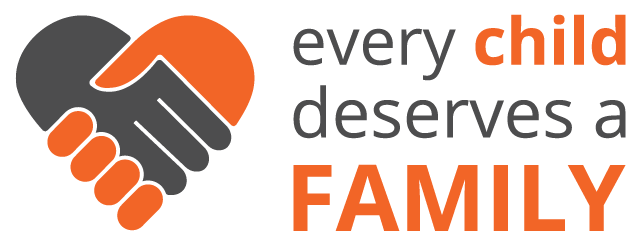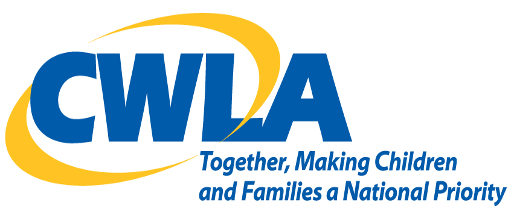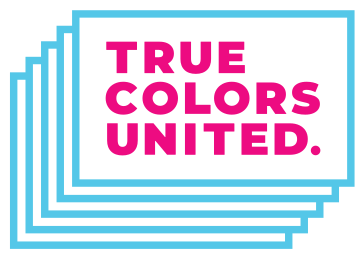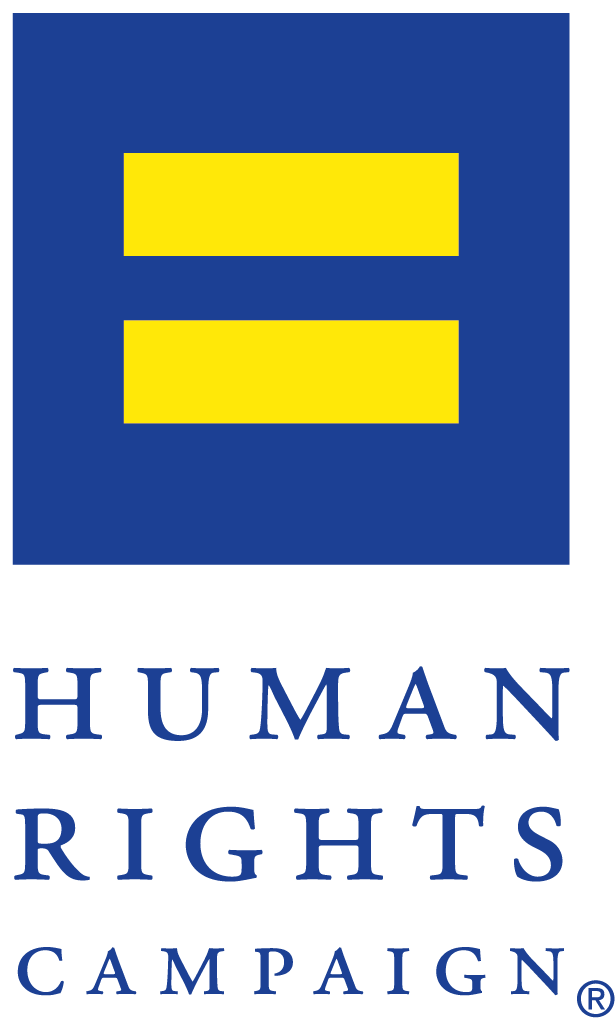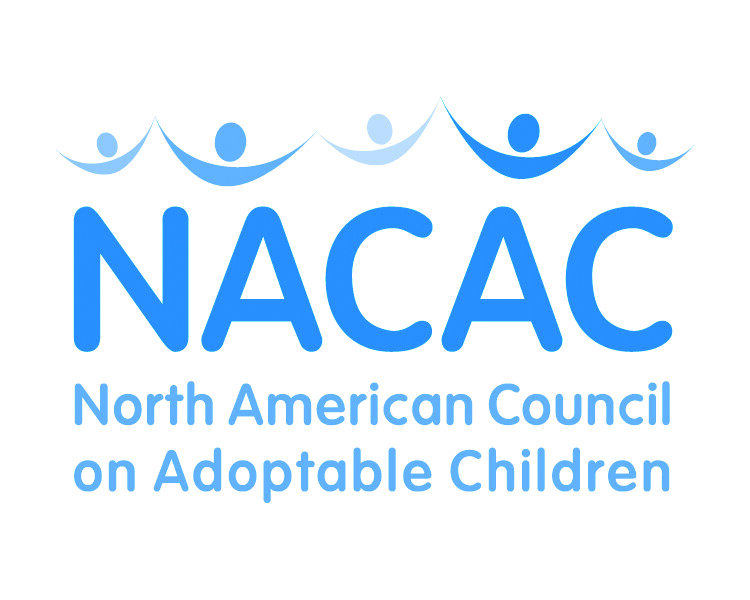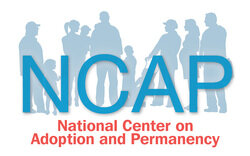While our country grapples with a pandemic, an economic crash, and a racial justice reckoning, we continue to face a foster care crisis. In fact, there are more than 400,000 youth in foster care. Now more than ever, the Biden Administration must prioritize creating supportive, affirming, and progressive policies in the child welfare system.
For this reason, the Every Child Deserves a Family Campaign developed policy recommendations for the Biden Administration to roll back the harms advanced by the previous administration and usher in a new era of affirming care and meaningful, evidence-based reforms to end the cycle of system involvement by improving the lives and future prospects of all children, youth, and families.
Our recommendations prioritize lesbian, gay, bisexual, transgender, queer and questioning and Two Spirit (LGBTQ+2S) youth and families, Black, Indigenous, and other youth and families of color, youth and families with disabilities, and those with intersectional identities involved with the child welfare system.
Click here to read our letter to the Office of Management and Budget about these recommendations.
Understanding the Issue at Stake
Discrimination in the child welfare system is significant and far-reaching. It impacts children, families of origin, kin, and prospective foster and adoptive parents who are:
lesbian, gay, bisexual, transgender, queer or questioning and Two Spirit (LGBTQ+2S), gender nonconforming, or nonbinary
Black, Indigenous, and other people of color
individuals with disabilities
religious minorities or secular individuals
immigrants or language minorities
living at intersectional identities
For years, this campaign has worked with child welfare experts—from youth, families and kin with lived experience in foster care to social workers and policymakers. In that work, we have seen two clear priorities for the child welfare system:
Priority #1
Whenever possible, children should remain with their families of origin and/or kin. Additionally, we must develop measures to support families of origin and eliminate discrimination in removals.
Priority #2:
When children cannot remain with their families of origin, the state must place them in families or settings that respect and affirm their complex social identities. This includes their race, color, national origin, tribal affiliation, religion, sex, sexual orientation, gender identity or expression, and ability.
Recommendations for the Biden Administration
Understanding these essential priorities, the campaign developed policy recommendations for the Biden administration. We based our 38 recommendations on the following tenets. To view the full transition recommendation document, click here.
End discrimination in child welfare based on religion, sex, sexual orientation, gender identity and expression, or marital status.
There is more than 400,000 youth in foster care. Due to a shortage of available homes, many live in residential facilities. Others age out of foster care without a permanent family.
We know that same-sex couples are seven times more likely to foster or adopt than their different-sex counterparts. Yet, eleven states have passed licenses to discriminate in foster care and adoption. This means that agencies can turn away prospective LGBTQ+2S foster and adoptive parents. Child-placing agencies also often turn away single, religious minority, and secular parents. At least one law specifically allows discrimination directly against LGBTQ+2S and religious minority youth.
The Biden Administration and Congress can end this discrimination and ensure affirming homes to youth in care by:
Reversing rules and regulations that permit discrimination in all Health and Human Services programming.
Passing the Every Child Deserves a Family Act, the Equality Act, and the Do No Harm Act.
Take action to ensure affirming care for LGBTQ+2S families & youth in foster care—as well as for Black, Indigenous, and other youth & families of color, youth & families with disabilities, and those with intersectional identities.
An estimated 30–34 percent of youth in care identify as LGBTQ+2S. These young people report twice the rate of mistreatment in care as their non-LGBTQ+2S counterparts. Black children also generally receive inferior services while in care. Additionally, the state keeps them out of their homes for longer periods of time than their white counterparts.
To ensure that we are supporting every child and family, we must address the disparities surrounding families of origin in the child welfare system.
LGBTQ+2S parents—especially those who are Black, Indigenous, or other people of color; low-income; or have disabilities—are at a greater risk of involvement with the child welfare system. For example, Black families are more likely to have their children removed from their care. Black lesbian and bisexual mothers are four times more likely to be separated from their children than their non-LGB counterparts. And, the state is four times more likely to place an American Indian/Alaska Native children in foster care than White children.
The Biden administration can begin to address these instances of discrimination against youth in care and families of origin by:
Banning conversion therapy and forcible religious conversion of youth in foster care, and actively monitoring compliance with this rule.
Fully implementing and enforcing the Indian Child Welfare Act.
Creating staff within the White House and a National Resource Center committed to serving youth from communities that have been historically oppressed.
Requiring non-discrimination training for all people involved in the child welfare system. This includes, but is not limited to judges, caseworkers, and foster care staff.
Ensuring comprehensive healthcare for transgender and gender non-conforming youth in foster care.
Lift up the voices and experiences of youth & families in child welfare policy and practice development. In particular, center the voices of LGBTQ+2S, Black, Indigenous, and other youth & families of color, people with disabilities, and older youth.
Input from LGBTQ+2S and tribal youth and families in the system, particularly data collection, help us understand how to improve outcomes. However, these resources are often lacking for states, tribes, and territories.
The Biden Administration can center these voices by:
Requiring data collection on sexual orientation and gender identity and outcomes for LGBTQ+2S youth in foster care in foster care demographic surveys. This allows us to identify causes of disproportionality in the foster care system.
Creating an advisory committee of LGBTQ+2S youth.
Working closely with LGBTQ+2S youth, especially trans and gender non-conforming youth, about their needs when finding families for placement.
The full text of our policy recommendations can be viewed here and have been prepared and distributed by The Every Child Deserves a Family Campaign.
Campaign Co-Chairs
Thanks to the following organizations for contributing to these recommendations:
